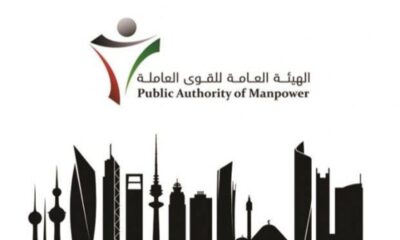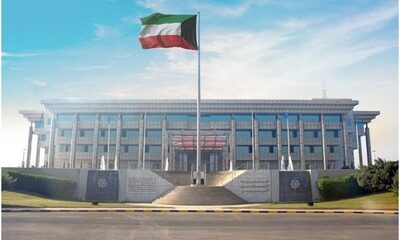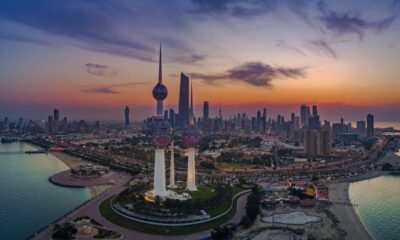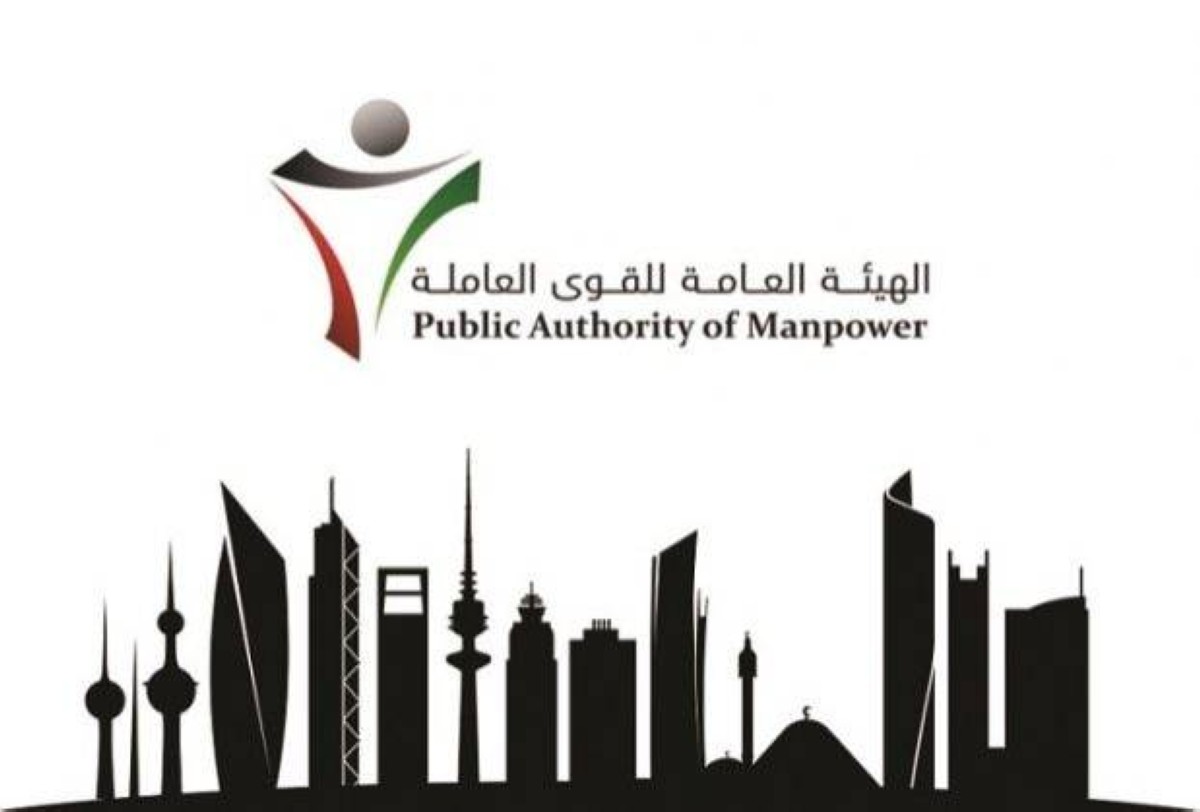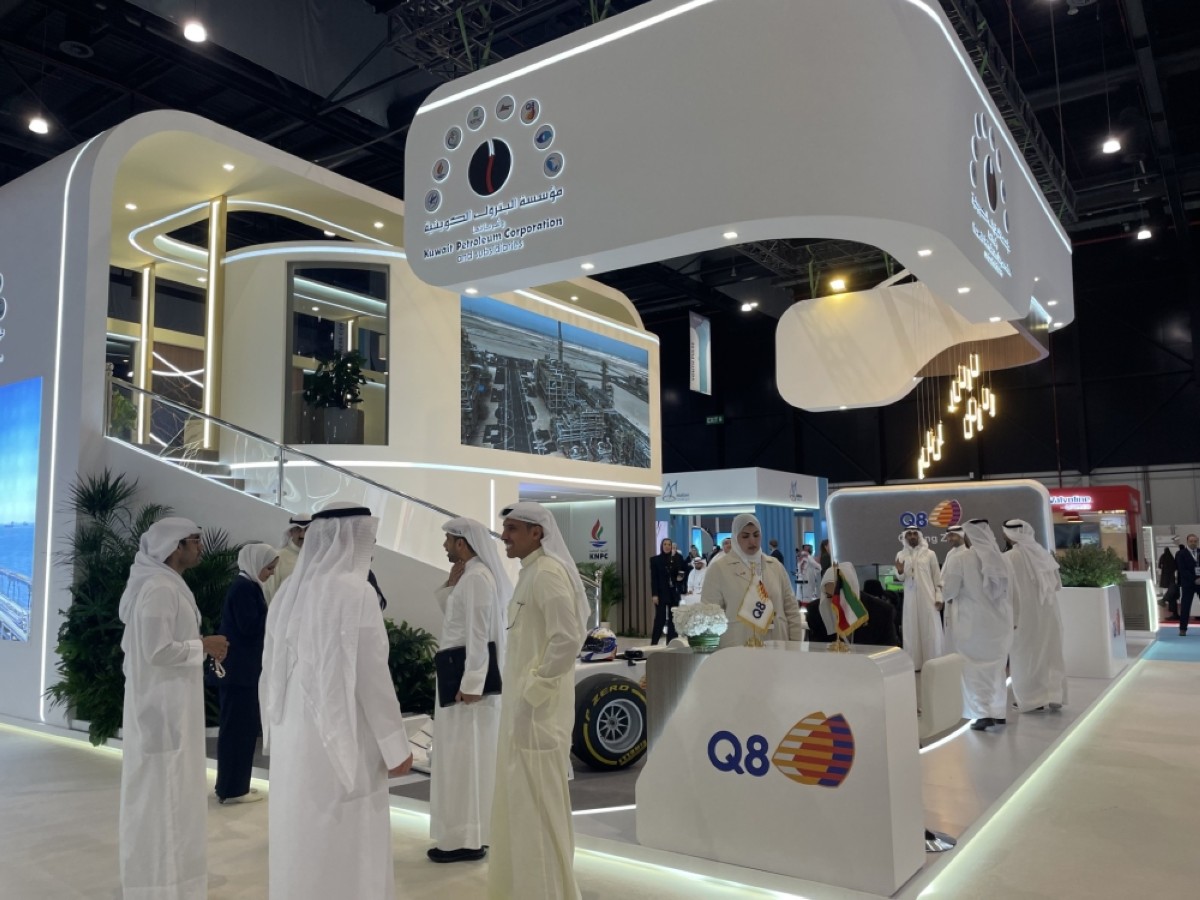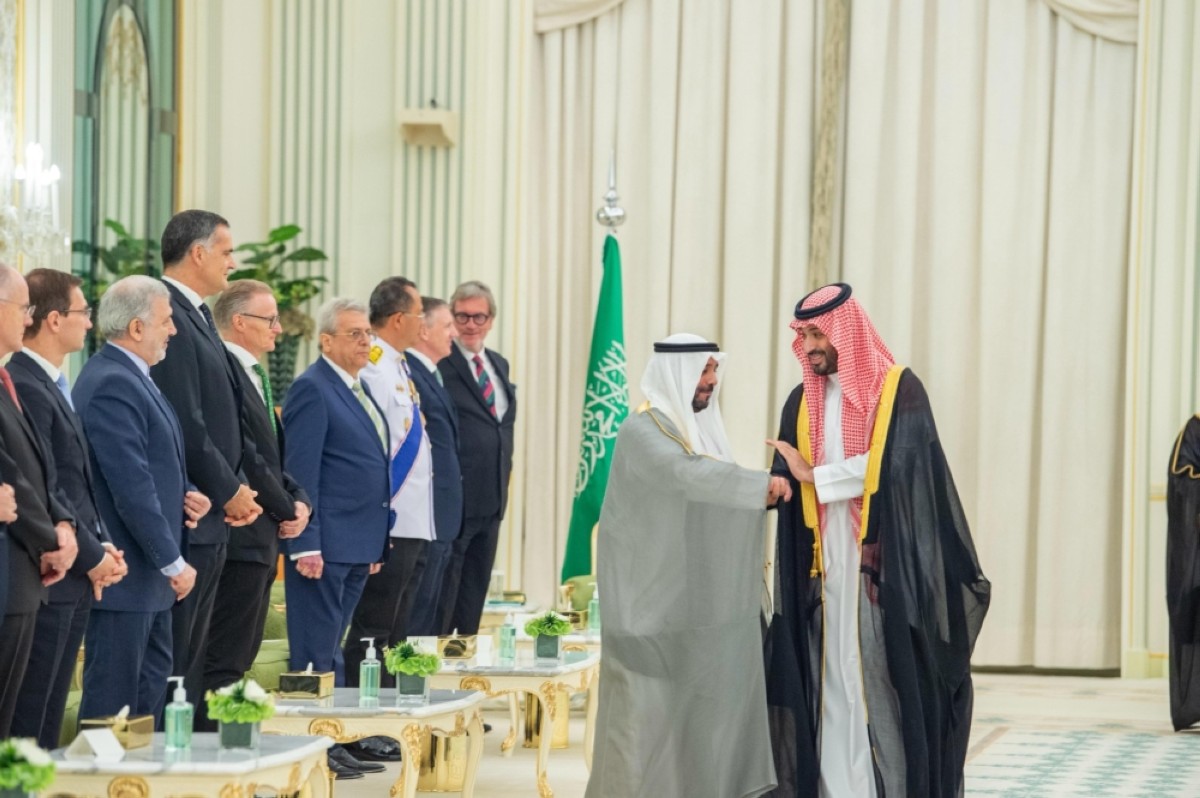Latest News
Unpaid bills? Kuwait can suspend your electricity, water, and more starting September
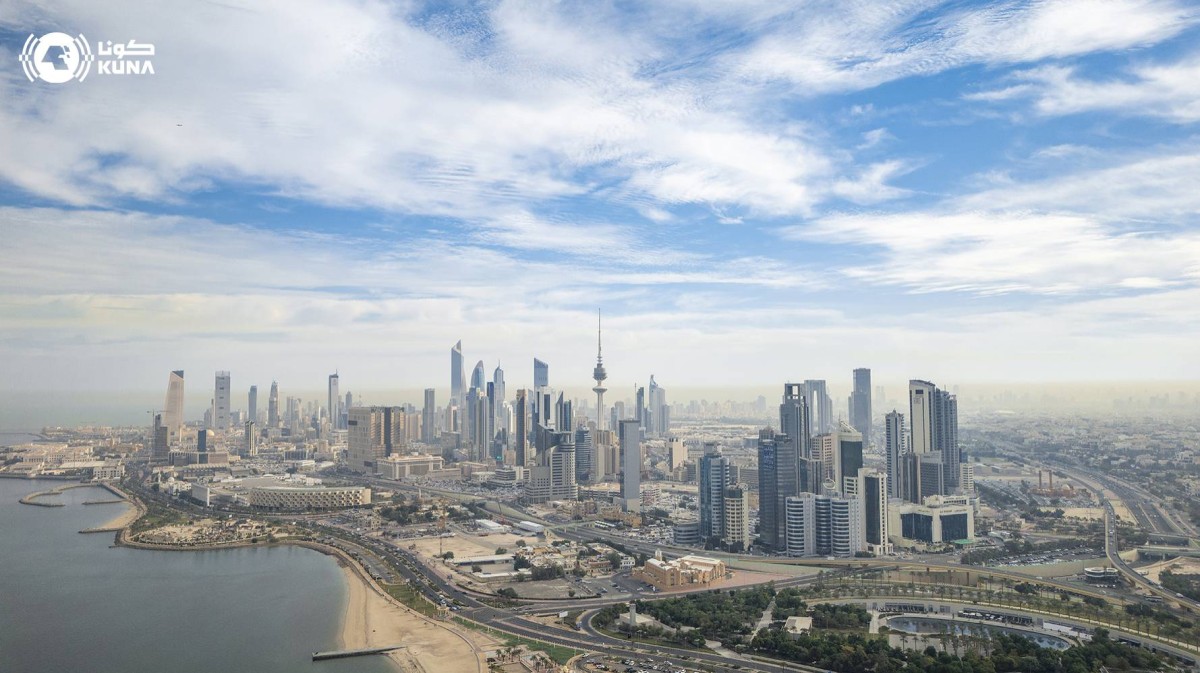
Latest News
Kuwait upgraded to Tier 2 in US trafficking report
Latest News
KPC highlights sector strengths; Q8 wins awards at IDCE 2025
Latest News
Kuwaiti Ambassador presents credentials to Saudi Crown Prince
-

 Politics17 hours ago
Politics17 hours agoJahra Traffic Crackdown: Vehicles Seized, Violators Arrested
-

 Latest News22 hours ago
Latest News22 hours agoMinister: Kuwait’s ranking on US Trafficking in Persons Report improved
-

 Latest News24 hours ago
Latest News24 hours agoAmir receives Crown Prince, speaks with Oman Sultan
-

 Latest News15 hours ago
Latest News15 hours agoCAN kicks off annual breast cancer awareness campaign
-

 Politics14 hours ago
Politics14 hours agoKuwaiti Fined KD 10,000 for Insulting Kuwaiti Society in Viral Video
-

 Politics15 hours ago
Politics15 hours agoIndian Man, Nepali Woman Face Trial in Kuwait Murder Cases
-

 Latest News14 hours ago
Latest News14 hours agoKuwait to standardize recognition of foreign high school diplomas
-

 Politics13 hours ago
Politics13 hours agoKuwait Visa Fraud: Officials and Company Owner Held Over 382 Fake Worker Permits

